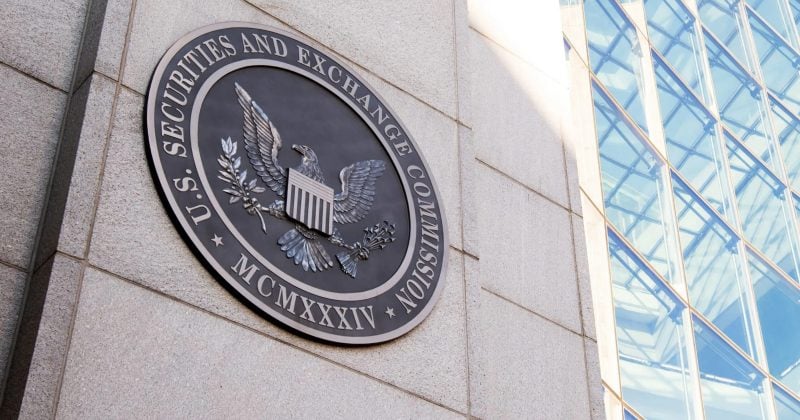
The post Martial Law Disrupts South Korea’s Crypto Progress to a Standstill appeared first on Coinpedia Fintech News
South Korea’s cryptocurrency sector is facing an unprecedented setback following the declaration of martial law in early December. The National Assembly has decided to postpone all crypto-related legislative work for now, meaning any major changes in the sector will likely be delayed until at least mid-2025.
Crypto Tax Delay: Almost 2 Years
One of the biggest decisions to come from this delay is the pushback of crypto taxes. The National Assembly voted to delay a new tax on crypto profits until 2027. The tax, which was originally set to be imposed in January 2025, would have taxed a 22% on profits over $1,750.
This decision was passed just before the martial law announcement, which meant the tax law was saved from becoming a reality as planned.
Meanwhile, the news of martial law caused a big drop in Bitcoin prices on Upbit, South Korea’s largest exchange. The price of Bitcoin fell sharply by 30%, dropping from ₩88,266,000 ($61,600) to ₩127,000,000 ($88,600) within 30 minutes.
No Progress on Key Crypto Laws
With martial law in place, the National Assembly has decided to stop all work on important crypto issues. This includes reviewing South Korea’s ban on initial coin offerings (ICOs), deciding whether companies can buy crypto for their balance sheets, and looking at whether crypto-based securities will be allowed. These issues will not be addressed until at least mid-2025.
There are growing concerns that more blockchain and crypto companies may leave South Korea for countries with clearer rules.
Many crypto businesses are asking the government to set clearer guidelines soon to avoid losing investment to other nations.
A Ray of Hope: (FSC)
While the government has stopped work on many crypto laws, the Financial Services Commission (FSC) has managed to create some basic rules for corporate crypto accounts.
While these guidelines could provide some relief to companies, but the bigger legislative issues, such as STOs and ICOs, will likely remain unresolved until 2025.
Although, experts like Kim Gap-rae of the Capital Market Research Institute warn of missed opportunities, especially as global powers like the U.S. make strides in crypto policies.

 1 month ago
26
1 month ago
26









 English (US) ·
English (US) ·